New Delhi: The Union Budget 2024-25 set a benchmark for the education sector, with allocations aimed at transforming the landscape of school and higher education. With the Union Budget 2025-26 on the horizon, experts across the board have laid out their vision for further reforms, innovation and funding, reflecting the education sector’s optimism.
Allocations in FY24-25
The Budget 2024-25 allocated an unprecedented Rs 1.48 lakh crore to education, skilling, and employment generation. Key highlights included Rs 73,498 crore for the Department of School Education and Literacy—an increase of Rs 12,024 crore compared to the revised estimates (RE) of FY23-24—and Rs 47,619.77 crore for the Department of Higher Education, marking a 7.99 per cent rise from the previous year.
Autonomous bodies such as Kendriya Vidyalayas (KVs) and Navodaya Vidyalayas (NVs) received their highest-ever allocations of Rs 9,302 crore and Rs 5,800 crore, respectively, while flagship schemes like Samagra Shiksha, PM POSHAN, and PM SHRI collectively saw a Rs 10,846 crore boost.
Higher education also witnessed significant investments, with Rs 15,928 crore allocated to central universities and Rs 10,202.5 crore to Indian Institutes of Technology (IITs). Notably, Rs 1,800 crore was set aside for Institutions of Eminence, while the Pradhan Mantri Uchchatar Shiksha Abhiyan (PM-USHA) received Rs 1,814.94 crore, reflecting a strong focus on innovation and inclusivity.
While FY24-25 laid a robust foundation, experts believe the upcoming Budget 2025-26 must take bold steps to further elevate the education system, addressing gaps in digital infrastructure, skill development, and financial aid.
Expanding International Collaborations and Technology Integration
Rahul Subramaniam, Co-founder of Athena Education, emphasized the transformative potential of the education budget in 2025. “The government must focus on internationalization, incorporation, and accessibility. By enhancing partnerships with global universities and boosting financial aid for students studying abroad, India can elevate its global educational standing.”
He highlighted the importance of technology integration and faculty development. “A well-supported education budget is not just an investment in classrooms; it’s an investment in the nation’s future,” Subramaniam added.
Bridging the Skills Gap in a Digital World
Viral Bhatt, Founder of Money Mantra, underscored the need for reforms in higher education and increased focus on digital learning. “Vocational training and online education platforms require greater attention and funding to bridge the skills gap, especially as automation reshapes job markets,” he said.
Bhatt pointed out that targeted skilling initiatives can play a pivotal role in equipping India’s workforce for a rapidly changing global economy.
Rural Digital Infrastructure and AI Integration
Tom Joseph, Co-Founder of USDC Global, highlighted the transformative role of technology in education. “The 2025 Union Budget must address key areas that will transform the learning ecosystem, including higher budget allocations for rural digital infrastructure, faster and affordable internet access, and faculty training,” he stated.
Joseph also emphasized the potential of artificial intelligence (AI) in creating personalized learning experiences. “Continued investment in AI tools can bridge educational and skill gaps, fostering accessibility, personalization, and global communication while promoting data privacy,” he explained.
On the regulatory front, Joseph called for simpler processes for EdTech startups to encourage collaborations between academia and industry. He also highlighted the need for government support for AI-driven language learning tools and partnerships to enhance linguistic diversity.
Addressing taxation, Joseph appealed for a reduction in the GST on educational products and services from 18 per cent to 5 per cent, which he argued would benefit learners from remote and underprivileged communities. He also called for simplified cross-border regulations to help Indian EdTech firms expand globally and attract foreign students.
Kritika Seth, Founding Partner at The Victoriam Legalis, stressed the critical need for enhancing digital infrastructure in rural India. “The shift from traditional education methods to innovative digital learning demands significant infrastructural development. Teacher training, EdTech support, and inclusive education policies should be central to this transition,” she noted.
Seth added that bridging the urban-rural divide in educational quality requires targeted funding and policy initiatives. “Students, guardians, and teachers need support to adapt to modern educational techniques, particularly in remote areas.”
Operationalizing NEP’s Vision
Aarushi Jain, Partner at Cyril Amarchand Mangaldas, highlighted the regulatory focus on implementing the National Education Policy (NEP) 2020, particularly in higher education and skilling. “The Digital University initiative introduced in Budget 2022-23 holds immense potential. We hope to see specific plans and allocations to make this vision a reality,” she stated.
Jain believes sufficient funding for NEP-related initiatives will propel India towards a globally competitive education system that prioritizes access and quality.
Fostering Sustainability and Financial Literacy
Alay Razvi, Managing Partner at Accord Juris, called for greater investments in sustainable campuses and climate-focused education.
“Expanding rural digital infrastructure is essential for equitable access to online education, which can drive youth employment. Public schools must also see higher funding for better infrastructure, teacher recruitment, and financial education programs,” he explained.
Achieving the 6 per cent GDP Target for Education
Pratyush Miglani, Managing Partner at MVAC Advocates & Consultants, pointed to the importance of achieving the long-recommended target of allocating 6 per cent of GDP to education. “This allocation is crucial for realizing the NEP’s aspirations and moving towards Education 4.0, focusing on technology integration, global competitiveness, and innovation-driven learning,” he remarked.
Miglani also suggested policy amendments to address financial constraints faced by educational institutions. “Fast-tracking patent approvals and allowing FDI and ECB in educational trusts can foster innovation and reskilling initiatives,” he added.
Building on FY24-25 Achievements
Experts are optimistic that the 2025-26 budget will build on the successes of its predecessor. The Rs 255 crore allocated to establishing Centres of Excellence in Artificial Intelligence and the Rs 200 crore earmarked for multidisciplinary education, reflect the government’s commitment to innovation. Expanding these initiatives could further position India as a global education leader.
Additionally, programs like the National Apprenticeship Training Scheme (NATS), which received Rs 600 crore in FY24-25, could see increased allocations to address youth unemployment and skill development comprehensively.
As the Union Budget 2025-26 approaches, the education sector’s stakeholders are united in their call for increased funding, innovative policies, and bold reforms. The combined vision of experts highlights the sector’s transformative potential, not just as a tool for individual empowerment but as a cornerstone of India’s global ambitions.
If the government heeds these recommendations, the upcoming budget could mark a pivotal moment in reshaping the nation’s education system for generations to come.
Also Read –
Experts Call for Major Tax Reforms Ahead of Union Budget FY25-26









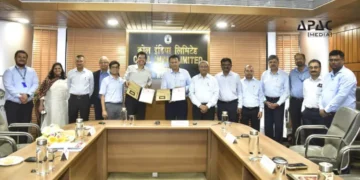









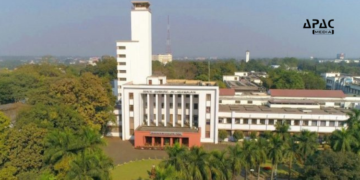
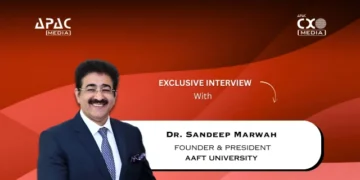


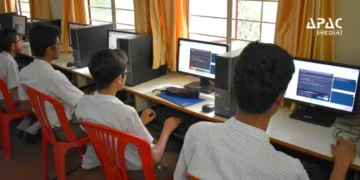
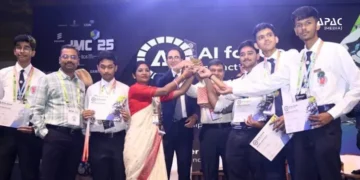
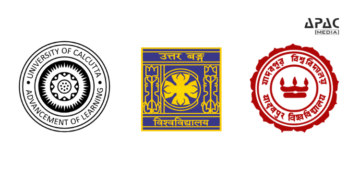



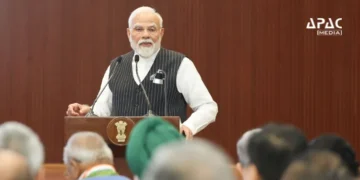

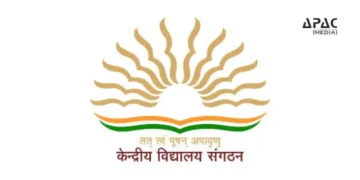

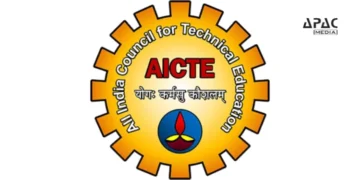


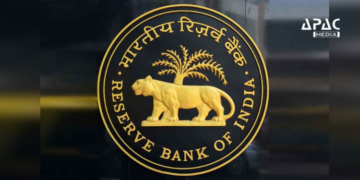





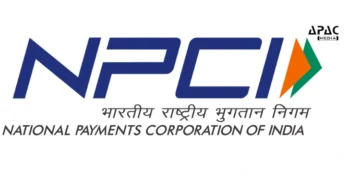
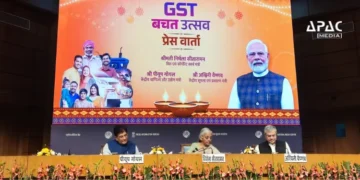
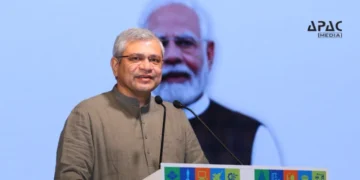


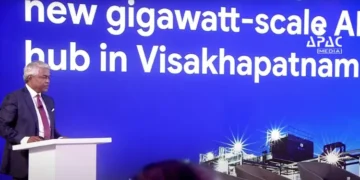





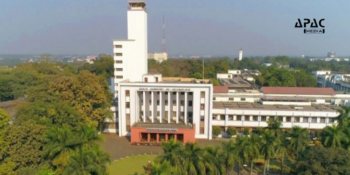
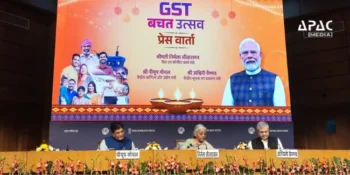









Discussion about this post